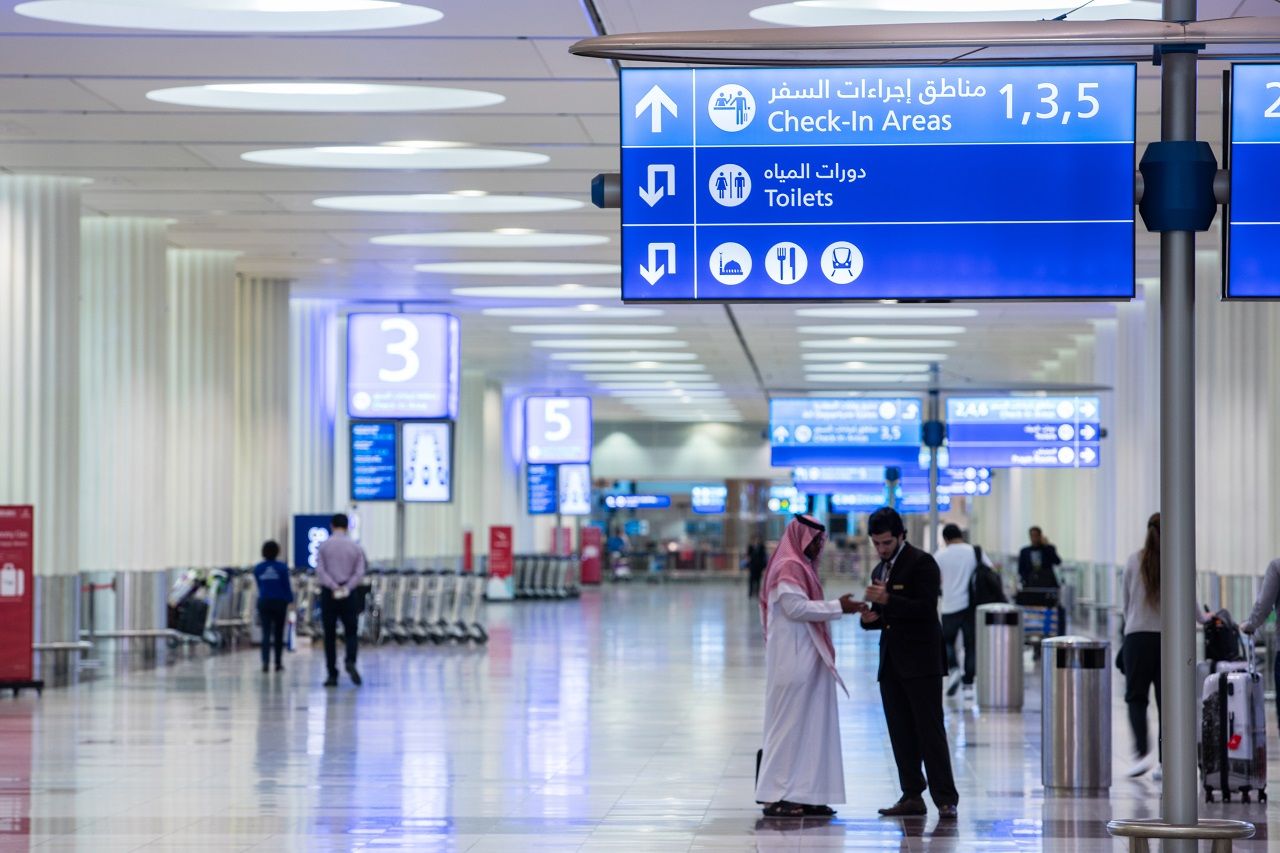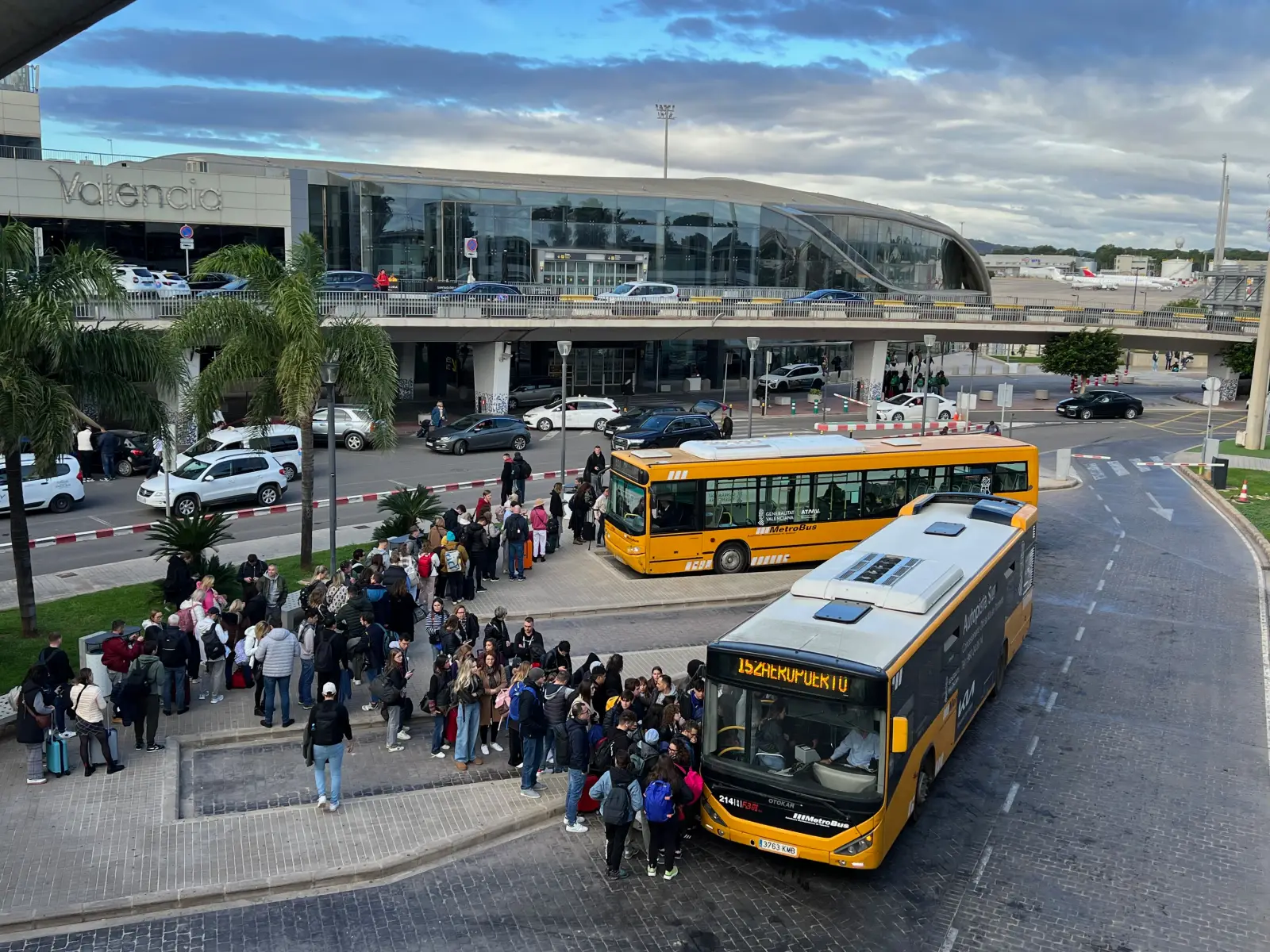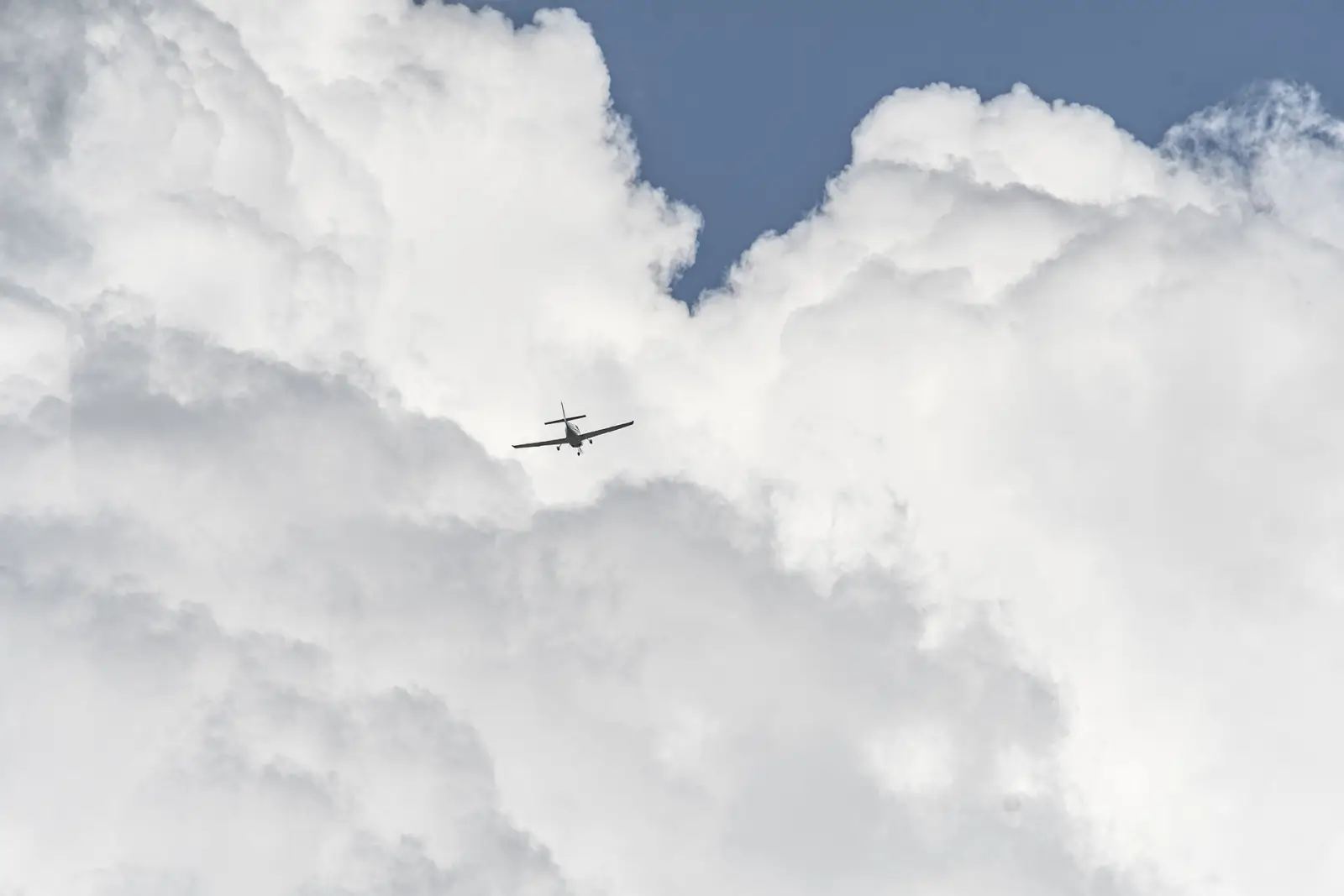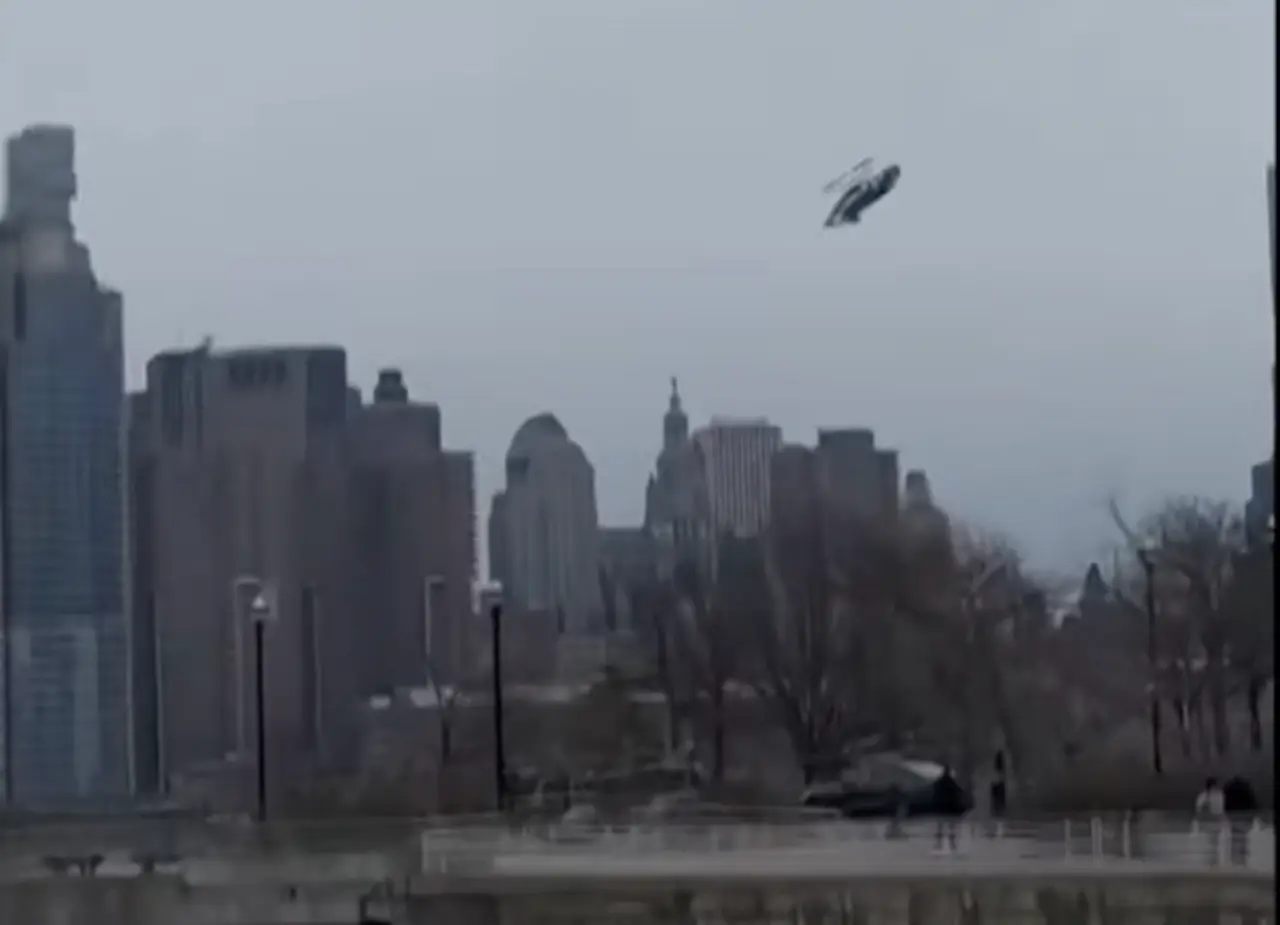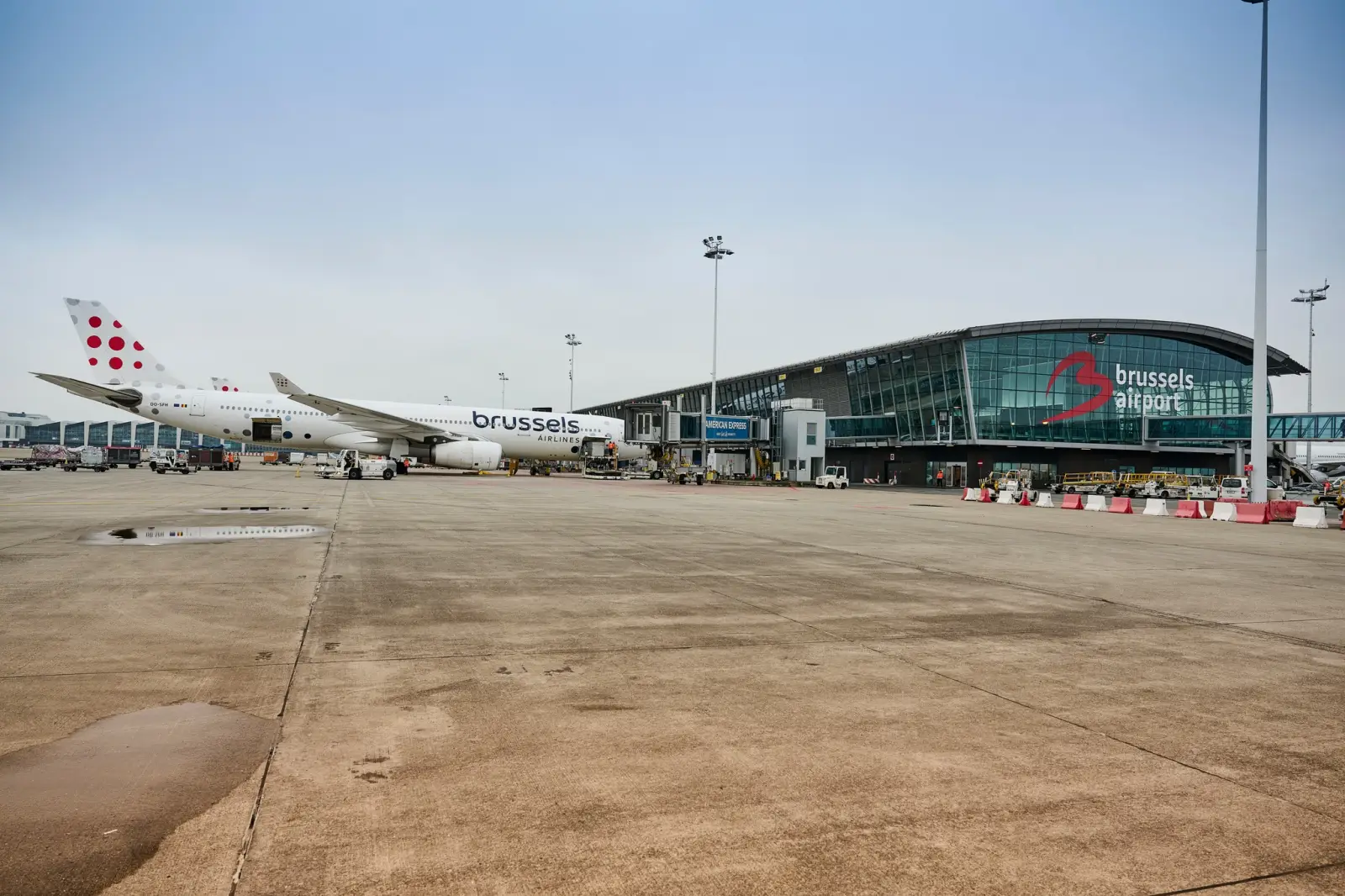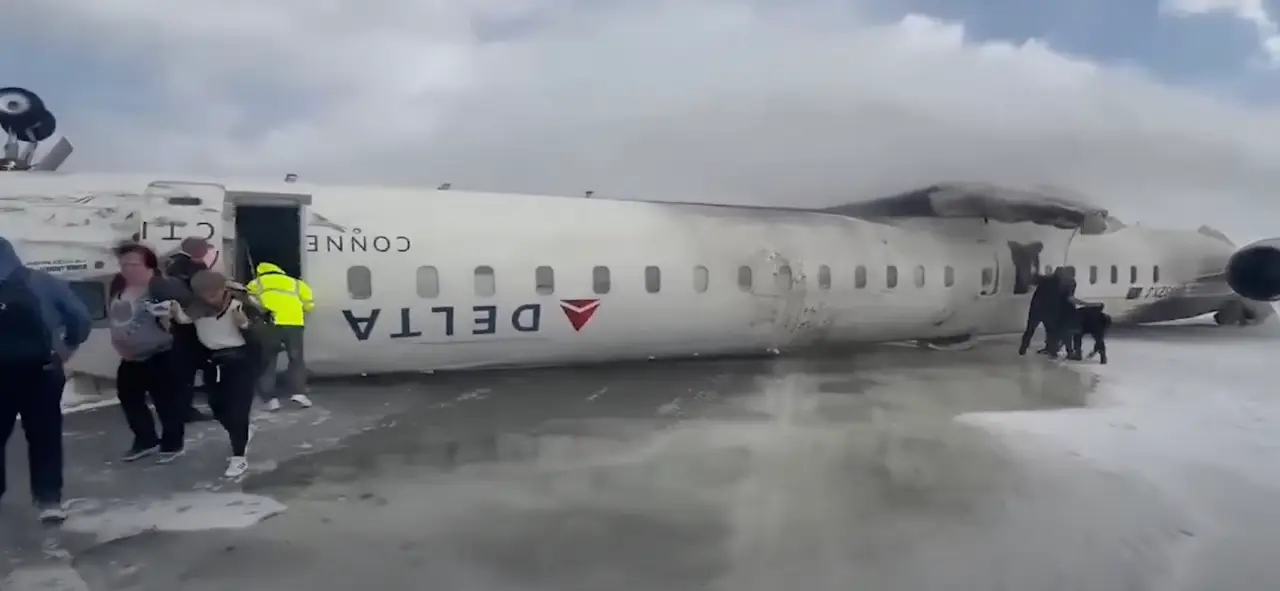Azerbaijan Airlines (AZAL) and several other carriers have announced flight suspensions to Russian destinations following a fatal plane crash involving an AZAL aircraft on December 25, 2024.
The crash, which occurred near the Kazakh city of Aktau, killed 38 of the 67 passengers and crew on board, raising concerns about safety in Russian airspace.
AZAL has indefinitely halted its flights between Baku and Kazan, citing the “regular closure of airspace” over the Russian city. This follows the airline’s earlier decision to suspend flights to eight other Russian destinations, including Sochi, Volgograd, and Nizhny Novgorod. According to AZAL, these actions are part of a broader effort to ensure passenger safety amid heightened tensions and ongoing investigations into the crash.
The airline confirmed in a statement that passengers affected by the cancellations can either rebook their tickets or request a full refund. AZAL emphasized its commitment to monitoring the situation closely and updating passengers as needed.
The crash has reverberated across the aviation industry, with multiple airlines reassessing the risks of operating in Russian airspace. Turkmenistan Airlines, for example, has canceled flights between Ashgabat and Moscow until the end of January. Similarly, Israeli carrier El Al has suspended its services to Moscow for the coming week, citing “developments in Russia’s airspace.”
Initial investigations into the crash of the Azerbaijan Airlines Embraer 190 suggest that a missile from a Russian air defense system struck the aircraft. Azerbaijani President Ilham Aliyev has demanded accountability, accusing Russia of attempting to cover up the incident. While Russian officials have acknowledged that their air defenses were active during the time of the crash, they have stopped short of accepting responsibility.
The crash occurred as the aircraft approached Grozny, the capital of Russia’s Chechen Republic, forcing it to divert to Aktau. Video footage and preliminary reports indicate that the plane sustained significant damage, including multiple holes in the tail section, contradicting earlier claims of a bird strike. Investigators continue to analyze the aircraft’s black boxes, which have been sent to Brazil for further examination.
The incident has strained diplomatic relations between Azerbaijan and Russia, with Aliyev criticizing Moscow’s handling of the situation. Despite Russian President Vladimir Putin’s apology, tensions remain high as both nations await the results of the final investigation.
The crash and subsequent flight suspensions highlight the growing concerns over safety in Russian airspace, particularly for international airlines. With investigations ongoing, the aviation industry faces mounting pressure to prioritize transparency and passenger safety in a volatile geopolitical climate.



